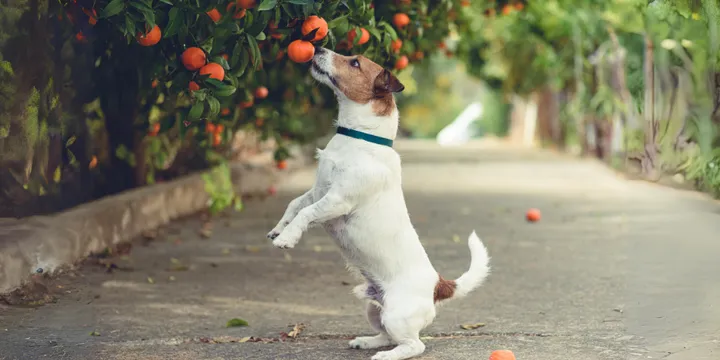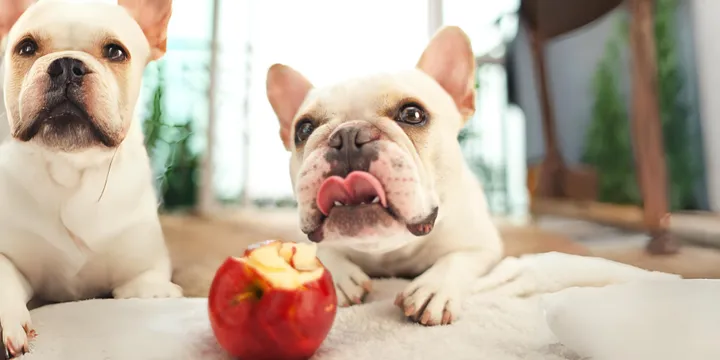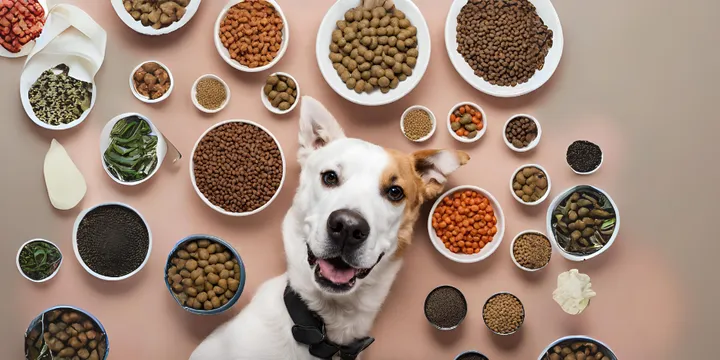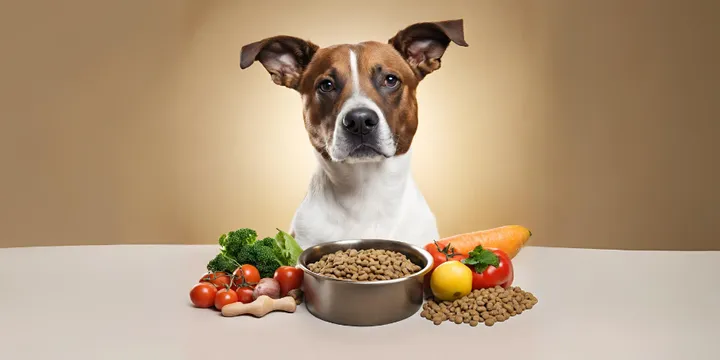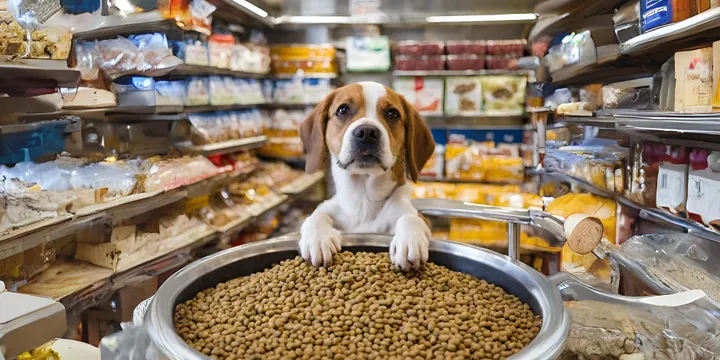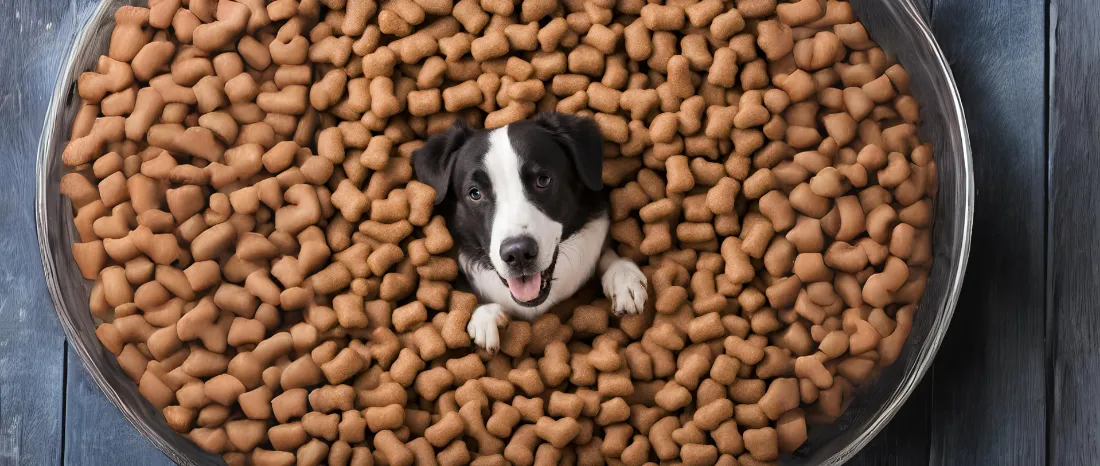
Food Allergies in Dogs

Dogs are more than just pets; they are loyal companions that fill our lives with joy and love.
It is our responsibility to ensure that they lead happy and healthy lives.
A crucial aspect of their well-being is their diet. Just like humans, some dogs can be sensitive to certain foods.
In this article, we'll explore food allergies in dogs, the signs to look out for and how to keep your furry friend's stomach happy.
Understanding Food Allergies in Dogs
Imagine your dog's digestive system as a finely tuned orchestra. Each instrument or food component plays a role in his overall health.
Sometimes, however, one of those "instruments" can play a note out of tune.
Food allergies in dogs occur when your furry friend's immune system reacts negatively to a specific ingredient in his food.
Detecting the Signs
Identifying a food allergy in a dog can be a bit like solving a mystery, but it's critical to make sure your pet is comfortable. Here are some common signs to look out for:
Itchy Skin: If your dog is constantly scratching, chewing or licking, it could be due to an allergy.
Digestive Disorders: Watch for symptoms such as diarrhea, vomiting or gas.
Ear Infections: Frequent ear infections can be a sign of food allergies.
Excessive Paw Licking: Dogs often lick their paws when they have allergies.
Red Eyes or Runny Nose: Like humans, dogs can have allergic reactions that manifest in their eyes and nose.
What Causes the Allergy?
The next step is to find out what ingredient is causing the allergy. Common allergens include:
Proteins: Beef, chicken and dairy products are usually the culprits.
Grains: Wheat, corn and soy can trigger allergies in some dogs.
Artificial Additives: Some dogs are sensitive to artificial colors and preservatives.
Managing Food Allergies in Dogs
Once you've identified the allergen, it's time to make your dog's stomach happy again. Here's how to do it:
Switch to Hypoallergenic Foods: Your veterinarian can recommend a special hypoallergenic dog food designed for sensitive dogs.
Elimination Diet: This involves eliminating potential allergens from your dog's diet and reintroducing them one by one to see which one triggers the reaction.
Read Labels: Always read dog food labels carefully to avoid known allergens.
Your dog's health is in your hands, and when it comes to food allergies in dogs, a little detective work can make all the difference.
Pay attention to your dog's behavior, consult your veterinarian and make the necessary dietary adjustments to keep your dog's stomach happy.
A happy, healthy dog is a loyal friend for life.
About the Author

Jennifer works as a veterinarian and is an expert in the field of dog care. She is constantly up to date with the latest developments and insights in the world of dog care, and she loves to share her expertise with other dog lovers.
